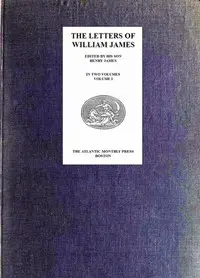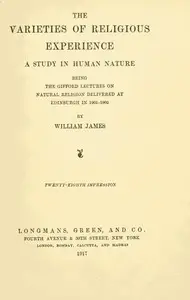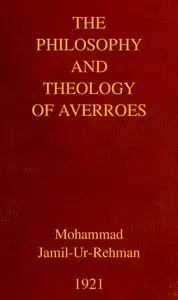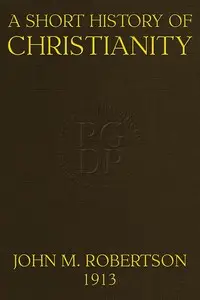"The Meaning of Truth" by William James is a philosophical work written during the early 20th century, serving as a sequel to his earlier work "Pragmatism." The book explores the concept of truth through the lens of pragmatism, investigating how beliefs correspond to reality and the practical implications that arise from this relationship. The author engages with criticisms of his pragmatic approach and delves into the philosophical debate surrounding the nature of truth, emphasizing its function in relation to human experience. The opening of this work begins with a preface that sets the stage for the discussion about truth, emphasizing its dynamic nature as something that "happens" to ideas and is validated through experience. James outlines the pragmatic view that true ideas are those that can be assimilated and verified in real-life contexts, contrasting this with traditional views that focus solely on the abstract properties of truth. He addresses critiques from other philosophers and discusses the importance of radical empiricism in understanding how cognition and reality are interrelated. In lively and engaging prose, James establishes a foundation that invites readers to consider the implications of pragmatism on their understanding of truth, laying out the groundwork for the chapters that follow. (This is an automatically generated summary.)

The Meaning of Truth
By William James
Sequel to: Pragmatism.
Genres
Released
2004-02-01
Formats
epub (images)
epub3 (images)
epub
mobi (images)
mobi
Free Download
Overview
About the Author
William James was an American philosopher and psychologist, and the first educator to offer a psychology course in the United States. James is considered to be a leading thinker of the late 19th century, one of the most influential philosophers of the United States, and the "Father of American psychology."
Total Reviews
10.0k
Total reviews from Goodreads may change


















